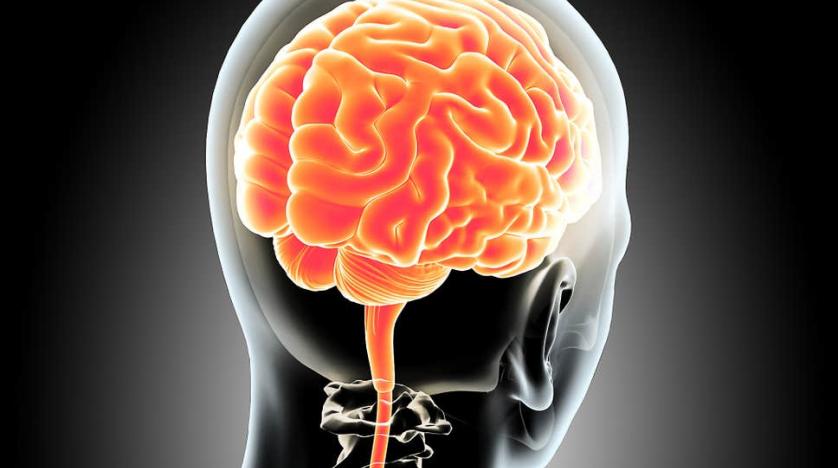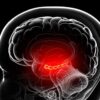A team of researchers at the University of Cambridge, in collaboration with the Alan Turing Institute, constructed sophisticated machine learning tools capable of detecting dementia in its early stages.
Published in the journal NeuroImage: Clinical, researchers took brain scans of numerous patients who subsequently developed a neurodegenerative illness, like Alzheimer’s disease. With their machine learning algorithm, researchers were able to spot structural changes in the brain.
According to the study, the AI-based algorithm was more than 80 percent accurate in predicting the onset of dementia among the participants. The algorithm also predicted the speed at which cognitive function declined.
“We have trained machine learning algorithms to spot very early signs of dementia just by looking for patterns of gray matter loss—essentially, wearing away—in the brain. When we combine this with standard memory tests, we can predict whether an individual will show slower or faster decline in their cognition,” the findings state.
“We’ve even been able to identify some patients who were not yet showing any symptoms, but went on to develop Alzheimer’s.”
“We’ve shown that this approach works in a research setting—we now need to test it in a real world setting,” researchers concluded.
The study was published online in January of 2020.


